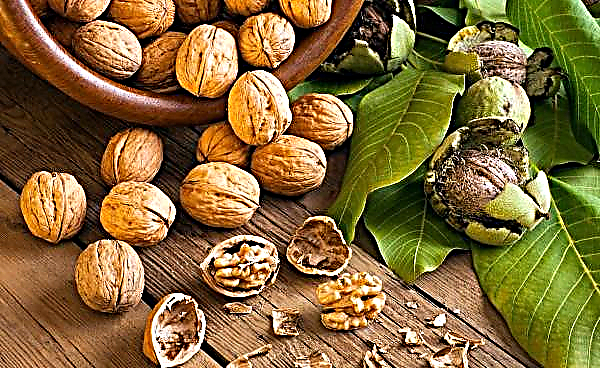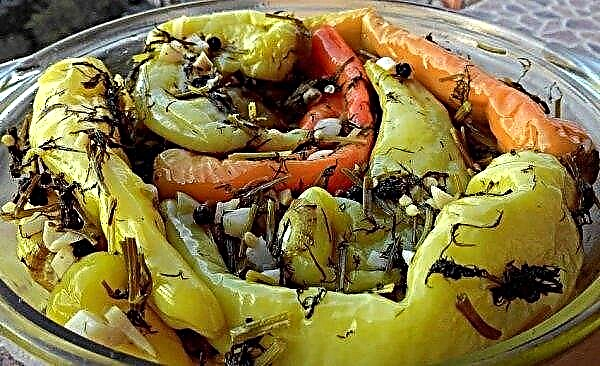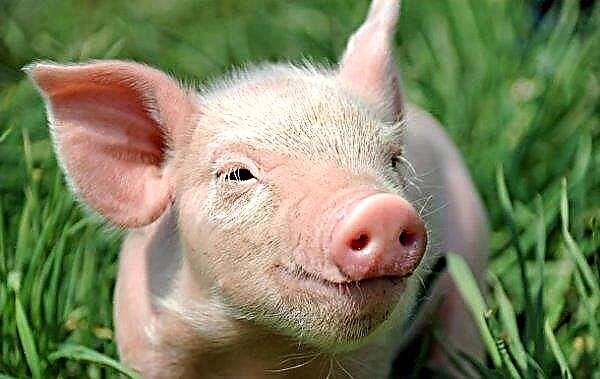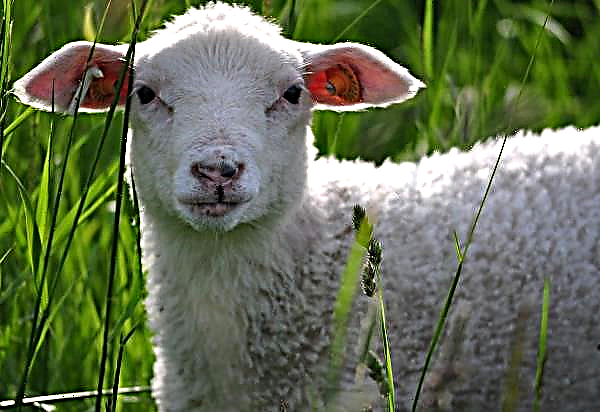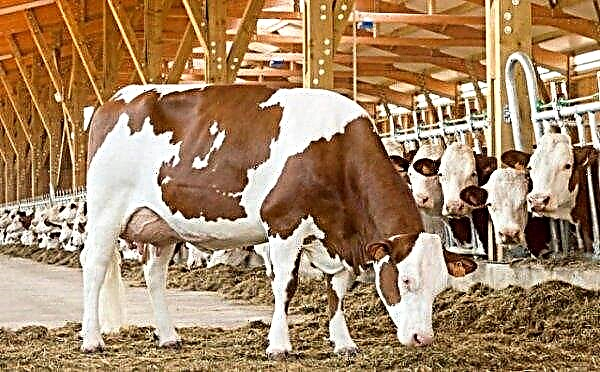On the Brazilian fields with soybeans, a disappointing trend has emerged.
Based on the data shared by representatives of the Embrapa Research Bureau (Brazil) with the public, each year the proportion of protein in soybeans grown by local farmers is slowly but steadily declining.
For example, if in 2017 Brazilian soybeans contained on average about thirty seven and a half percent of protein, then a year later, according to the results of the harvest of 2018, the percentage of protein in each bean averaged a little over thirty six and a half percent.
Brazilian agricultural producers fear that lowering the protein content in beans may significantly reduce crop sales. Large customers may terminate all existing contracts due to product mismatch with the quality bar that was originally agreed.
Especially a decrease in protein in Brazilian soybeans can affect trade relations with those countries that were interested in buying products enriched with all nutrients. That is why Brazil’s trade relations with the People’s Republic of China are at risk.

Analysts of the agro-industrial complex, in turn, note that a decrease in protein in soybeans may be associated with an increase in the growth rate of crop productivity.



